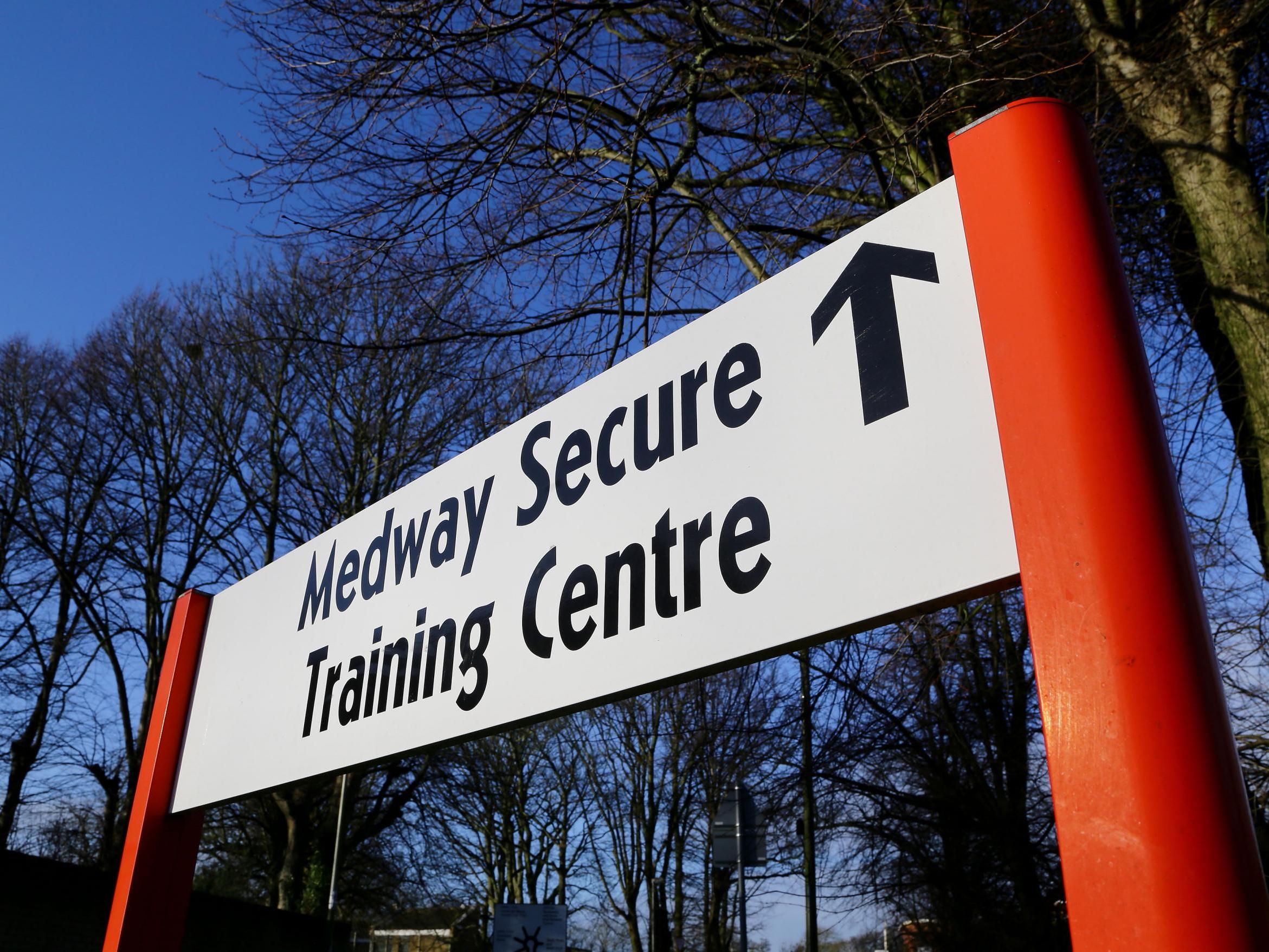I worked in a pupil referral unit for years. The government's new ‘secure schools’ are just a pipeline to prison
The ease with which contracts for these youth jail schemes are being secured by for-profit organisations is dizzying. All they’ll do is preside over another disproportionately black, poor, male and disabled population


Your support helps us to tell the story
From reproductive rights to climate change to Big Tech, The Independent is on the ground when the story is developing. Whether it's investigating the financials of Elon Musk's pro-Trump PAC or producing our latest documentary, 'The A Word', which shines a light on the American women fighting for reproductive rights, we know how important it is to parse out the facts from the messaging.
At such a critical moment in US history, we need reporters on the ground. Your donation allows us to keep sending journalists to speak to both sides of the story.
The Independent is trusted by Americans across the entire political spectrum. And unlike many other quality news outlets, we choose not to lock Americans out of our reporting and analysis with paywalls. We believe quality journalism should be available to everyone, paid for by those who can afford it.
Your support makes all the difference.Last week’s announcement that the management contract for the first UK “secure school” has been awarded to the Oasis Charity Trust induces the highest levels of cognitive dissonance.
This is a charity which, according to the government, runs academies in the UK’s most socio-economically deprived and “diverse” areas, most of which were rated as failing by Ofsted at the point of being taken over.
The policy of rebranding youth jails as “secure schools” provides a thinly veiled disguise for what in essence marks the start of the biggest children’s prison expansion programme in Britain.
The awarding of the contract to a Christian Charity Trust is, in my opinion, anxiety-inducing, given the long colonial history of Christian missionaries and charities operating in poor and black communities and countries around the world, doing a mix of land appropriation, redemption work, “civilizing”, exploitation of labour, taming the “wildernesses” and charitable work. Given the highly racialised and classed nature of prison populations, this seems to me to be an unapologetic return to colonial Christian missionary practices and deficit thinking.
In addition, not satisfied with holding the record for the highest adult prison population on the European continent, successive British governments continue to press ahead, locking up ever greater numbers of the most vulnerable amongst the already vulnerable multiply-marginalised.
88 per cent of young men and 74 per cent of young women in custody were excluded at some point. One in two 15-17 year old in custody have literacy levels of that expected of 7-11 year olds and poor basic skills. 40 per cent had been on the child protection register and/or experienced abuse or neglect. Almost a third have a mental or emotional problem. One in five have self harmed and one in ten have attempted suicide, according to the Ministry of Justice.
In terms of race disparity in the criminal justice system, Britain holds an even worse record, beating even the US, given its much smaller black (3 per cent) and minority ethnic (10 per cent) population, and a greater level of over-representation in prisons.
As Corporate Watch has reported, the average monthly youth custody statistics in 2017 in the south-east indicated that 45 per cent of those in custody were black, 15 per cent mixed and 10 per cent Asian or other.
Oasis is gearing up to preside over another disproportionately black, poor, male and disabled surplus population.
The speed and ease with which carceral contracts are being secured by for-profit organisations is dizzying. This includes not only the contracts for custodial institutions but also for the many privately-run prison auxiliary services which collectively make up the rising British prison industrial complex.
Neoliberal policies such as this seek economically advantageous solutions – irrespective of ethics – that can simultaneously obfuscate and commodify social “problems”. Yes, even those aged 12-17, particularly if they belong to racialised and poor groups.
Education is freedom. Or at least it should be.
No More Exclusions is grassroots coalition movement in education focusing on race-disparity in school exclusions and quality inclusive education for all
Join our commenting forum
Join thought-provoking conversations, follow other Independent readers and see their replies
Comments